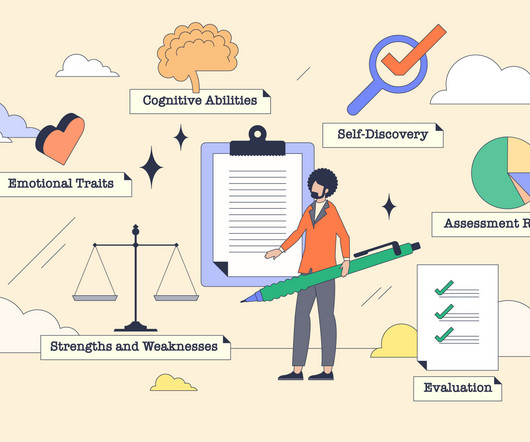8th Grade ELA Teacher Essentials: 11 Top Teaching Tools
Teachers Pay Teachers
JULY 7, 2025
Teaching 8th grade ELA can be a uniquely rewarding experience, as long as you’ve got the right tools. But is that enough to prepare new teenagers for 9th grade? We’ve gathered our favorite 8th grade ELA teacher essentials, including tips for brand-new teachers and seasoned veterans alike.















Let's personalize your content